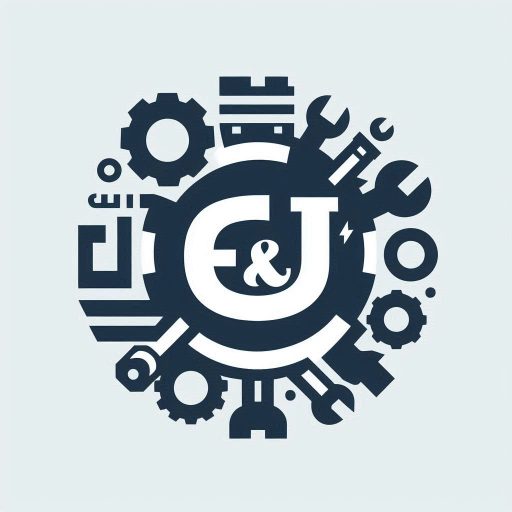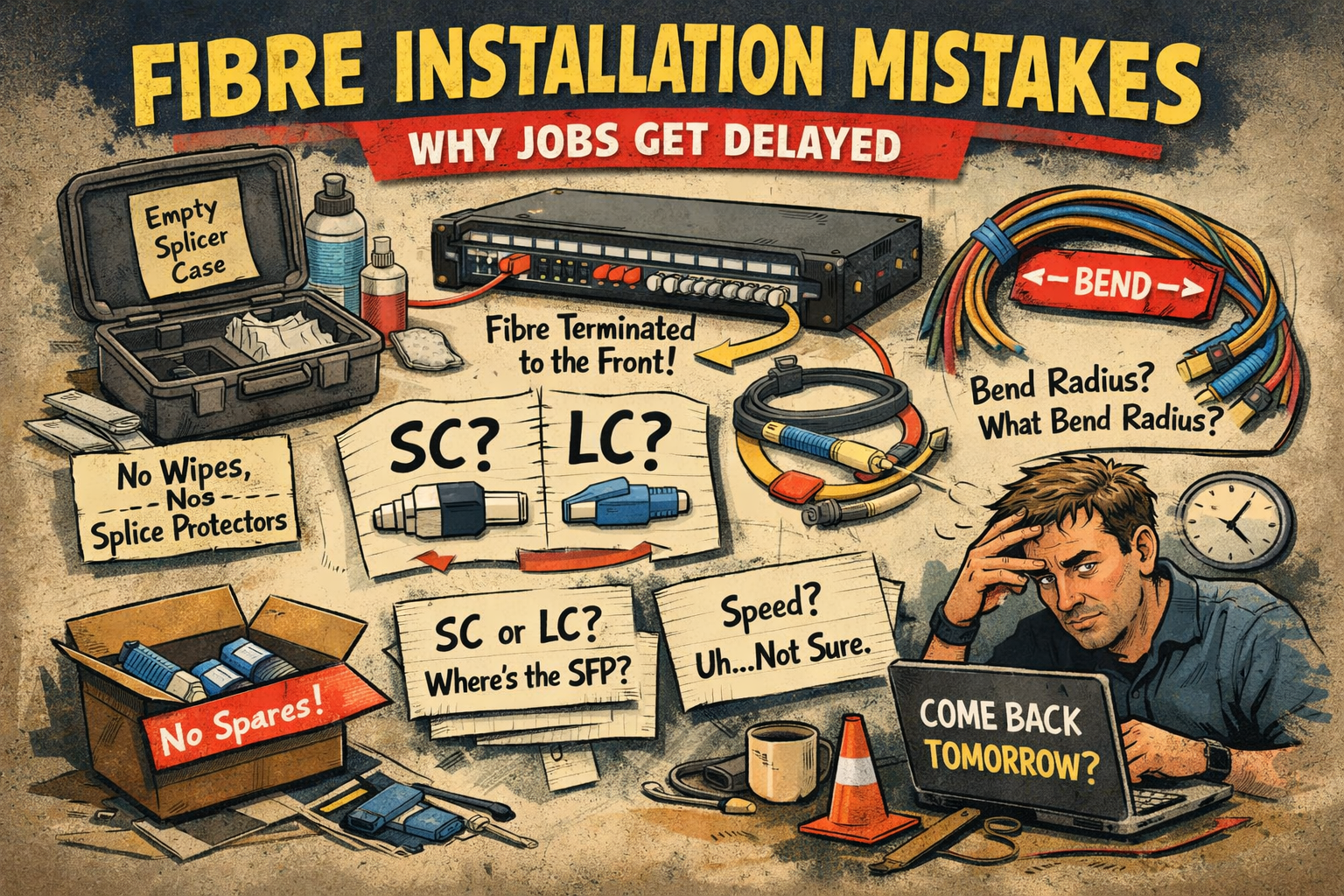Acknowledging Setbacks
Failure is a reality of life, and how we respond to it defines our growth. My setback was time—I fell behind. But failure is not just a personal struggle; it can impact others as well. Even so, the most important thing is to focus on yourself and be honest about your shortcomings. Being hard on yourself can sometimes be beneficial—it fosters growth. However, dwelling on failure without action is futile. Mistakes are an essential part of learning, and they influence nearly every aspect of life.
When I failed in my third year of university, the aftermath was overwhelming. I couldn’t resit the year at the same university, and I had missed the intake for other universities. I had two choices: dwell on my failure or take action. I applied for the next year’s intake at another university and, thankfully, got accepted. It was a humbling experience that set me back two years compared to my peers, but it reinforced a crucial lesson—failure is not final. It is possible to turn things around.
Identifying the Issues: Be Honest with Yourself
Deep down, I knew I had the capability to complete university and earn my degree. However, if I repeated the same behaviors, I would inevitably get the same outcome. It didn’t take long to realize where I went wrong—I had known it all along. Despite facing personal challenges at the time, I failed to manage them effectively. Instead of addressing my struggles, I turned to video games as a distraction. I lacked a structured schedule and didn’t dedicate enough time to studying. Even though I understood the importance of my education, I consistently pushed it aside.
A crucial mistake I made was not asking for help. Ego played a role—I believed I could handle everything on my own. Looking back, I should have admitted that I needed support. Being honest with yourself is key to improvement; acknowledging your weaknesses is the first step toward overcoming them.
Planning: Setting a Structure
Realizing that I needed change, I committed to structured study sessions. I couldn’t afford to spend as much time on hobbies—I needed focus. The plan didn’t have to be overly complicated; consistency was more important. I set a simple rule: from 5 PM to 7 PM, I would study for at least 30 minutes. This small commitment made a big difference.
There were countless times when I was tempted to do anything but study. I had done the last-minute cramming before—staying up until 2-3 AM before an 8 AM exam. It never worked out well. Spacing out study sessions over time was far more effective. Planning allowed me to manage my workload without feeling overwhelmed.
Reaching Out: You Are Not Alone
One of the biggest lessons I learned was that I wasn’t alone. Many of my classmates were struggling with the same topics. Forming a study group or seeking additional help from lecturers made a world of difference. Professors often pointed me toward useful resources—books, articles, and practice problems—that I wouldn’t have found on my own.
Talking through problems with others made tasks easier to understand. Suddenly, I wasn’t just trying to pass an exam—I was working to understand the subject. That shift in mindset was invaluable.
Learning Beyond the Exam
A common pitfall among students is studying only to pass exams rather than to genuinely learn. When I did exams, I was allowed to choose three out of five sections to complete. It’s tempting to ignore the other two sections and focus only on the topics you think will appear. I made that mistake before—only to find that the exam didn’t include the topics I studied.
Past papers can be useful, but they are just that—past papers. Relying on question patterns is a gamble. I even had a high school teacher who tried to predict exam questions based on previous trends, only to be completely wrong. The best approach is to understand the entire course material. Never assume that certain topics won’t be on the exam.
Staying Focused: The Power of Discipline
Discipline was the key to my success. It’s not easy to turn down social events or resist distractions, but sometimes that’s what it takes. I had to develop laser focus. I knew that if I slipped back into old habits, I would fail again.
Changing my lifestyle wasn’t easy, but it was necessary. Short-term sacrifices led to long-term gains. The hard work paid off, and I came out stronger.
Final Thoughts
Failure is a tough but valuable teacher. Embrace it, learn from it, and use it as a stepping stone for growth. Be honest with yourself, plan effectively, seek help when needed, and stay disciplined. Setbacks don’t define you—how you respond to them does.




Leave a Reply